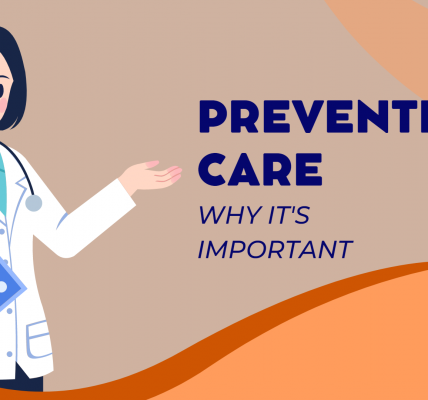Mental health is as important as physical health. It encompasses our emotional, psychological, and social well-being, influencing how we think, feel, and act. Taking care of your mental health is crucial for a fulfilling life.
Common Mental Health Conditions
- Anxiety Disorders: Excessive worry, fear, and nervousness.
- Mood Disorders: Persistent feelings of sadness, hopelessness, or euphoria.
- Psychotic Disorders: Distorted thoughts and perceptions.
- Personality Disorders: Enduring patterns of thinking, feeling, and behaving.
Signs and Symptoms of Mental Health Issues
- Emotional: Persistent sadness, irritability, or mood swings
- Cognitive: Difficulty concentrating, memory problems, or negative thoughts
- Physical: Fatigue, changes in appetite, or unexplained pain
- Behavioral: Withdrawal from social activities, substance abuse, or risky behaviors
Tips for Maintaining Good Mental Health
- Practice Self-Care: Prioritize sleep, nutrition, and physical activity.
- Manage Stress: Engage in relaxation techniques like meditation or yoga.
- Build Strong Relationships: Connect with loved ones and seek social support.
- Limit Screen Time: Reduce exposure to social media and news.
- Challenge Negative Thoughts: Practice positive thinking and mindfulness.
- Seek Professional Help: If you’re struggling, don’t hesitate to seek help from a mental health professional.
Reducing Stigma
Stigma surrounding mental health can prevent people from seeking help. It’s important to:
- Educate Yourself: Learn about mental health conditions and how to support others.
- Challenge Stigmas: Speak out against negative stereotypes and discrimination.
- Be Kind and Compassionate: Treat people with respect and understanding.
Remember, it’s okay to not be okay. Prioritizing your mental health is a sign of strength. By taking care of your mental well-being, you can improve your overall quality of life.
Would you like more information on a specific mental health topic, such as anxiety, depression, or bipolar disorder?




